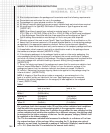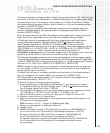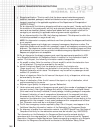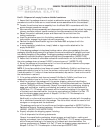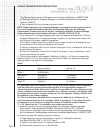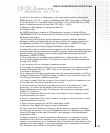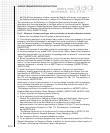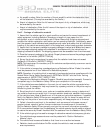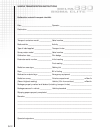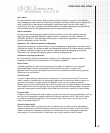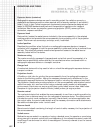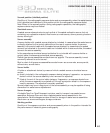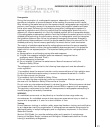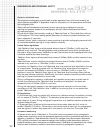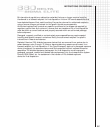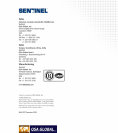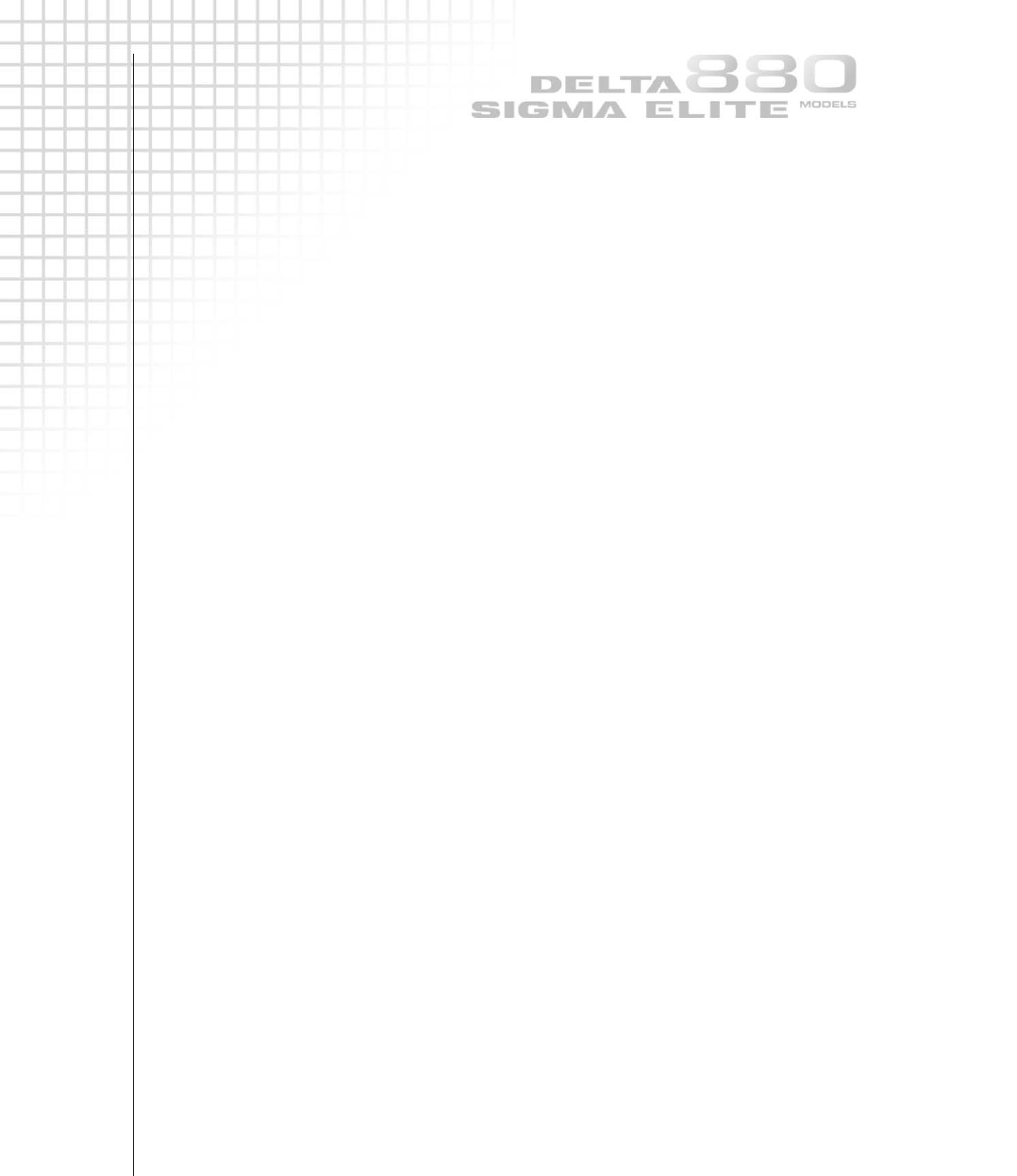
DEFINITIONS AND TERMS
6.2
Exposure device (container)
Radiographic exposure devices are used to remotely project the radiation source to a
predetermined exposure position when required and to securely maintain it and shield it
when it is not in use. Current equipment requirements require devices be designed and
tested to ISO/ANSI standards and pertinent transportation regulations for transport
containers. Also known as: projector, gamma ray projector (G.R.P.), camera, pill-box,
source-box, exposure container.
Exposure head
Device which locates the sealed source included in the source assembly, in the selected
working position and prevents the source assembly from projecting out of the projection
sheath. Also known as: source stop, end stop, snout, hose-head.
Locked position
Describes the condition when the lock on a radiographic exposure device or transport
container is fully engaged to lock the source assembly in place and the key is removed from
the lock. This condition prevents unauthorized personnel access to the sealed source
assembly locked within the device.
Maximum rating
The maximum activity expressed in bequerels and curies that cannot be exceeded, of a
sealed source specified by radionuclide by the manufacturer when contained within a
radiographic exposure device or a transport container.
Plunger lock
A mechanical device with a key used to lock or unlock the radiographic exposure device or
transport container.
Projection sheath
A flexible or rigid tube for guiding the source assembly from the radiographic exposure
device to the working position, having the necessary connections for attachment to the
radiographic exposure device and the exposure head or including the exposure head itself.
The projection sheaths also provide protection of the source assembly and attached control
cable from water, dirt, sand and other foreign materials usually present at radiography
environments. Also known as: source guide tubes, guide tubes, source tubes, head hoses.
Examples of rigid projection sheaths include j-tubes, probes, jet engine probes.
Remote control
The mechanical device that enables the source assembly to and from a working position by
operation from a distance away from the radiographic exposure device. The remote control
includes the control crank mechanism (normally a hand-crank), and where applicable, also
the control cable, the control cable sheath and the necessary connections and attachments.
See additional description under ‘control crank’.
Reserve sheath
Remote control sheath containing the length of control cable, necessary for the projection of
the source assembly.
Sealed source
Radioactive source sealed in a capsule or having a bonded cover, the capsule or cover being
strong enough to prevent contact with and dispersion of the radioactive material under the
conditions of use and wear for which it was designed. Commonly referred to as: the ‘source’
or the ‘pill’.



